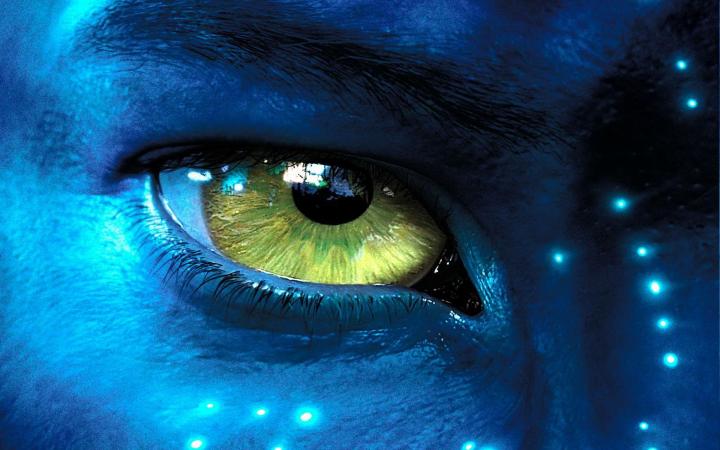
James Cameron has made a career out of pushing the boundaries of technology in his movies, and once again the director is planning on using the most cutting edge tech to film the three upcoming Avatar sequels. The trilogy of sequels will be shot back-to-back-to-back in 4K, and will at least partially use the 48fps high frame rate format recently seen in The Hobbit films, the director told the French outlet RTL.fr (which was then translated by TechRadar).
Films are typically shot in 2048 x 1080, but Cameron is proposing moving to 4096 x 2160. The director’s move to Ultra HD isn’t really that surprising given his love for using new technology. Cameron’s choice to shoot the original Avatar in 3D led to a major windfall, as the film went on to earn close to $2.8 billion worldwide. Avatar certainly wasn’t the first 3D film, but it remains the most successful. That helped to spur the current 3D film trend, where for a while it seemed like Hollywood’s new passion would help to usher in the age of the 3D TV. That hasn’t quite been the case, but with 4K TVs hitting the market, Cameron could once again help to push the new tech into the public consciousness.
“You know we’ll be shooting at a native resolution probably of 4K and so there should be a lot of true 4K theaters by then as well,” the director said.
The frame rate may be a bit of a tougher sell though. When The Hobbit: An Unexpected Journey debuted its 48fps HFR version, it was divisive. Some loved the realistic look, while others derided it as “too-realistic,” criticizing it for supplanting the textured cinematography audiences expect. It also highlighted what some saw as other technical failings that were unique to HFR, including lighting made for 24fps that was almost fluorescent in the new format. That didn’t seem to hurt the box office though, as the first two films of the trilogy have earned nearly $2 billion worldwide.
While Cameron has embraced the Ultra HD wholeheartedly, he is still studying the HRF format. It will be used in the coming Avatar films to some degree, the question is how much.
“Well we’re looking at high frame rate: I’m studying that,” said Cameron. “I haven’t made a final decision yet, whether the entire film will be made at a high frame rate or only parts of it.”
Filming on the planned trilogy is set to begin in 2015, with all three films combined expected to cost upwards of $1 billion. Filming them together will help to speed up the process though, and the films are tentatively set for December releases in 2016, 2017, and 2018.


